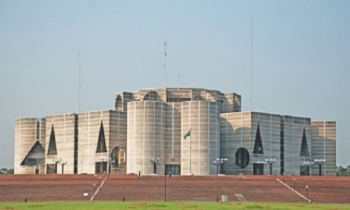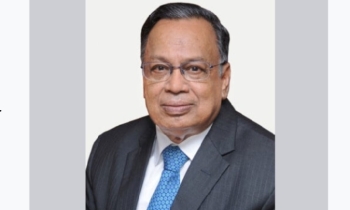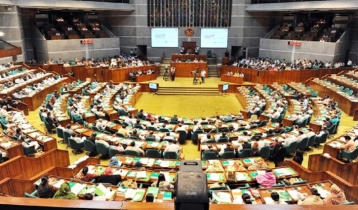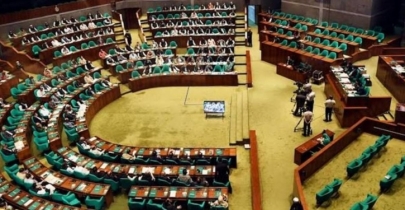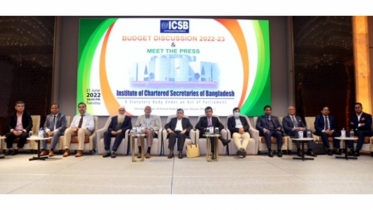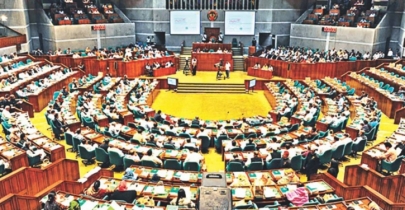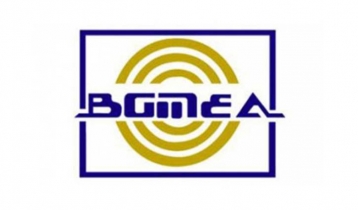Inflationary pressures force govt to raise subsidy outlay by 69%
BI Report || BusinessInsider
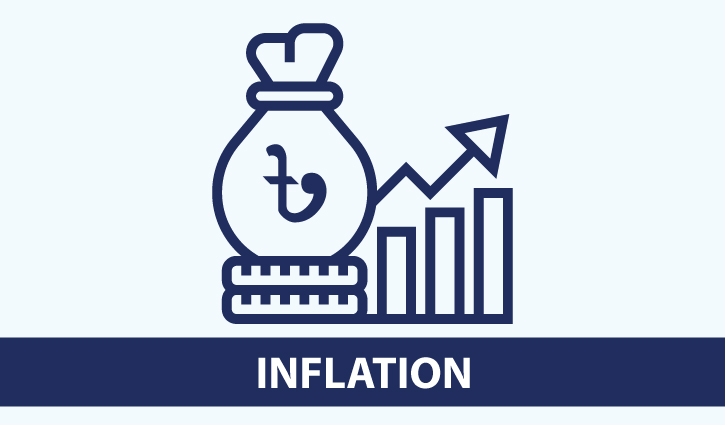
Photo: Representational
Finance Minister AHM Mustafa Kamal has proposed a Tk 82,745 crore subsidy and incentives bundle, signifying a rise of 69 percent compared to the outgoing fiscal, in the national budget of 2022-23 financial year.
Such a huge increment in subsidies meant for taming inflationary pressures caused by among other factors, ongoing Russia-Ukraine war.
In the revised expiring budget, the outlay has increased by 23 percent to Tk 66,825 crore.
As time progresses, requirements for subsidies and incentives generally increase a little, we have been seeing it after every budget is passed by the parliament,” an official of the finance ministry said.
The volume of increment ranges from Tk 2,000 crore to Tk 3,000 crore but this time it has shot up almost by Tk 40,000 crore.
That is mounting a negative impact on our budget deficit,” he said, requesting anonymity.
According to the budget statistics of the last five years, in the 2016-17 financial year, subsidies were increased by Tk 10,000 crore. However, this time subsidies and incentives are surpassing all past records.
The finance minister said he is afraid of seeing the trend in prices of fuel oil, gas and fertiliser in the international market which will force the government to upgrade the subsidy bundle by another 15 to 20 percent.
“It will create a challenge on the next financial year’s budget management,” Kamal told the House.
The main subsidy heads are agriculture, power and energy, respectively. Farmers are provided subsidies to purchase electricity for irrigation, agricultural inputs, and quality seeds. Liquefied Natural Gas (LNG) is one of the power and energy sectors entitled to subsidies. Incentives are given to the jute and apparel export sector and to bring in remittances into the country. There is also another type of subsidy called cash loan, which is given to Bangladesh Petroleum Corporation (BPC) and Bangladesh Power Development Board (BPDB), respectively.
In the current expiring 2021-22 financial year, the allocation of subsidies and incentives was Tk 49,000 crore. Of this, the agricultural subsidy comprised Tk 9,500 crore. Due to the abnormal rise in the price of fertiliser in the international market, the subsidy has to scale up and will also further increase in the next financial year. Due to fertilizer import, the subsidy has been increased to another Tk 8,625 crore in the revised budget of the current financial year. Considering the original allocation, the subsidy will expand by Tk 24,000 crore in the next financial year.
Speaking at a conference of the Agricultural Farm Workers Federation on May 14, Agriculture Minister Abdur Razzak said the price of potassium-based fertiliser had risen from $ 300 per ton to $ 1,200 due to the Russia-Ukraine war and the Coronavirus pandemic. The subsidy will tentatively increase by Tk 8,000 crore to Tk 30,000 crore.
The power sector is in the second position to receive subsidies. In the next financial year, the subsidy allocation here is Tk 18,000 crore. The government also provided loans to PDB to buy electricity from the private sector companies at higher prices and sell it at lower prices. This loan is also being subsidized. Because the government does not get the money back.
Subsidy bundles are created by tax money that goes straight to the people. So there are criticism against subsidies by the International Monetary Fund as well as a class of economists. However, if the competing countries pay subsidies to their farmers and other sectors and Bangladesh does not, the people of the country will suffer, the government argues.
Meanwhile, in the LNG import payment and incentive package a fund of Tk 17,300 crore is being kept aside. The subsidy will be required as LNG has to be sold at a lower price than the actual price. The Finance Department has estimated that selling LNG at the imported price to the traders and industrialists, will eventually increase the cost of production in the respective sectors.
Meanwhile, food subsidy for the upcoming fiscal year has been allocated at Tk 6,745 crore. The subsidy is being kept for selling rice at Tk 15 per kg, through the government Open Market Sales operation.
Apart from this, there are incentives for the export sector, incentives to bring in expatriate income and large-scale subsidies for the export of jute and jute products in the coming financial year.
Dr Abdul Razzak, a senior research fellow at the PRI Bangladesh, a non-governmental research organisation, told the Business Insider Bangladesh that as the value of local currency has depreciated against the US dollar, there is an opportunity to rethink export and remittance incentives.
He said amid an antagonistic international situation, the government has to provide subsidies to outbound trade.
He, however, said subsidy management should be done rationally and it is also important to bring reforms in it.

